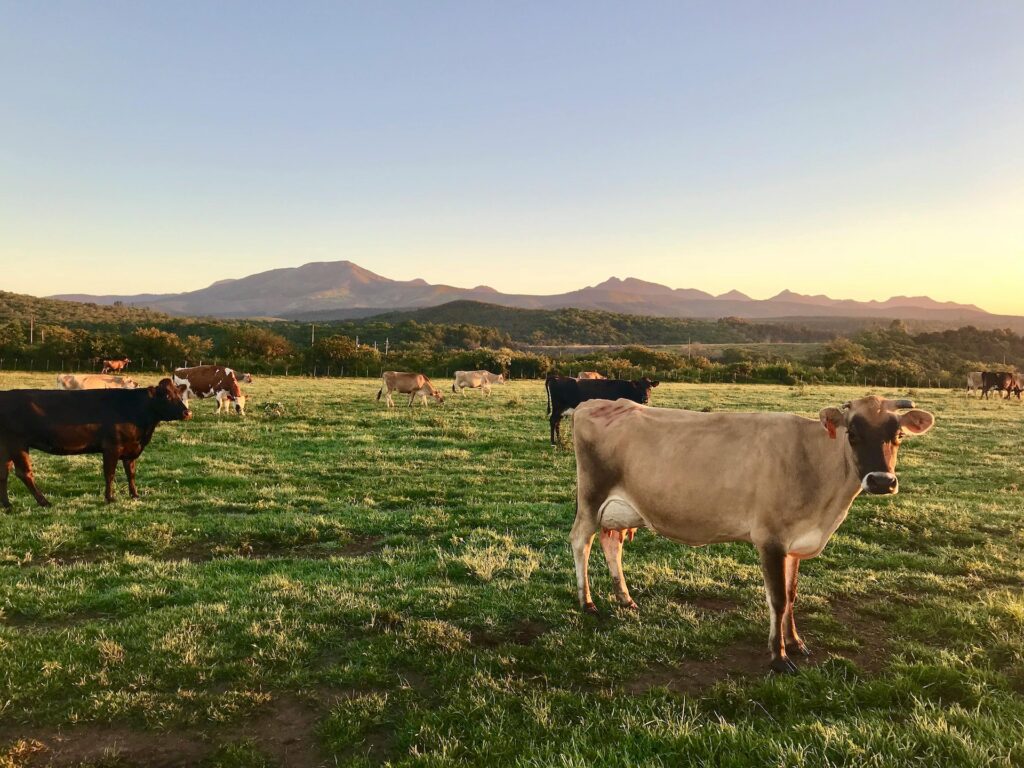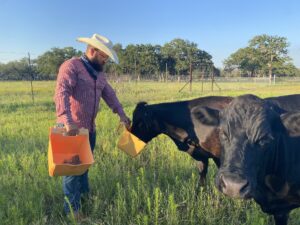Allan Savory’s Holistic Management framework represents a paradigm shift in land management practices, offering a holistic approach to regenerating degraded landscapes and fostering sustainable ecosystems. Grounded in the principles of ecological science and informed by Savory’s decades of fieldwork and research, Holistic Management provides a roadmap for farmers, ranchers, and land stewards to restore soil health, enhance biodiversity, and mitigate climate change. This is the foundation of regenerative agriculture, so let’s delve into this transformative framework.
Understanding Holistic Management: Core Concepts
At the heart of Holistic Management are four key insights that underpin the approach to land management:
- Holistic Context: Holistic Management begins with the establishment of a holistic context—a clear vision that articulates the long-term goals, values, and desired outcomes for the land and its stewards. By defining a holistic context, land managers can align their decisions and actions with their broader aspirations, ensuring that every choice contributes to the fulfillment of their vision.
- Holistic Goal: Building on the foundation of a holistic context, Holistic Management emphasizes the importance of setting holistic goals that reflect the desired future state of the land and its ecosystem. Holistic goals are specific, measurable, achievable, relevant, and time-bound (SMART), guiding decision-making and prioritizing actions that advance the overarching vision.
- Decision-Making Framework: Holistic Management provides a structured decision-making framework known as the Holistic Management Testing Questions. These questions prompt land managers to consider the ecological, social, economic, and cultural implications of their decisions, ensuring that choices are aligned with the holistic context and contribute to the achievement of holistic goals.
- Monitoring and Adaptation: Central to Holistic Management is the practice of continuous monitoring and adaptation. By regularly assessing the health and resilience of the land and its ecosystem, land managers can identify trends, track progress towards holistic goals, and adjust management strategies as needed to optimize outcomes.
Action Steps in Holistic Management: Putting Theory into Practice
Implementing Holistic Management involves a series of action steps that empower land managers to enact meaningful change on the ground:
- Holistic Context and Goal Setting: Begin by defining a holistic context and articulating a set of holistic goals that reflect the desired future state of the land and its ecosystem. Engage stakeholders, including family members, employees, and community members, in the goal-setting process to ensure alignment and buy-in.
- Holistic Financial Planning: Develop a holistic financial plan that integrates financial goals with ecological and social considerations. Identify revenue streams, cost-saving opportunities, and investment priorities that support the achievement of holistic goals while ensuring the long-term financial viability of the operation.
- Ecological Monitoring and Management: Implement monitoring protocols to assess soil health, vegetation dynamics, and wildlife populations on the land. Use this data to inform management decisions and adjust grazing patterns, rotational cycles, and land use practices to regenerate soil, enhance biodiversity, and improve ecosystem resilience.
- Social and Cultural Considerations: Consider the social and cultural dimensions of land management, including community engagement, indigenous knowledge, and cultural heritage. Foster relationships with neighboring landowners, indigenous communities, and local stakeholders to build collaborative partnerships and promote cultural diversity and inclusion.
- Adaptive Management and Learning: Embrace a mindset of adaptive management and continuous learning, recognizing that the land is dynamic and ever-changing. Monitor outcomes, evaluate the effectiveness of management strategies, and adapt practices based on feedback and observations to optimize results over time.
Embracing the Power of Holistic Management
Allan Savory’s Holistic Management framework offers a transformative approach to land management that emphasizes holistic thinking, goal setting, and adaptive management. By integrating ecological, social, economic, and cultural considerations into decision-making processes, Holistic Management empowers land managers to regenerate degraded landscapes, enhance biodiversity, and build resilient ecosystems. As stewards of the land, we have the opportunity and responsibility to embrace the principles of Holistic Management, unlocking the full potential of our landscapes and safeguarding them for future generations.






